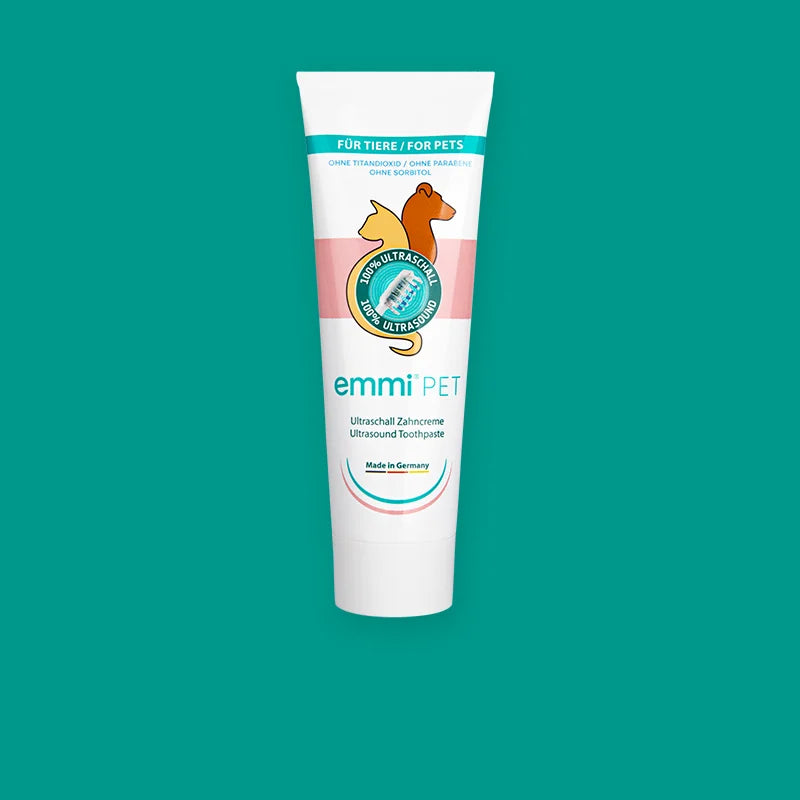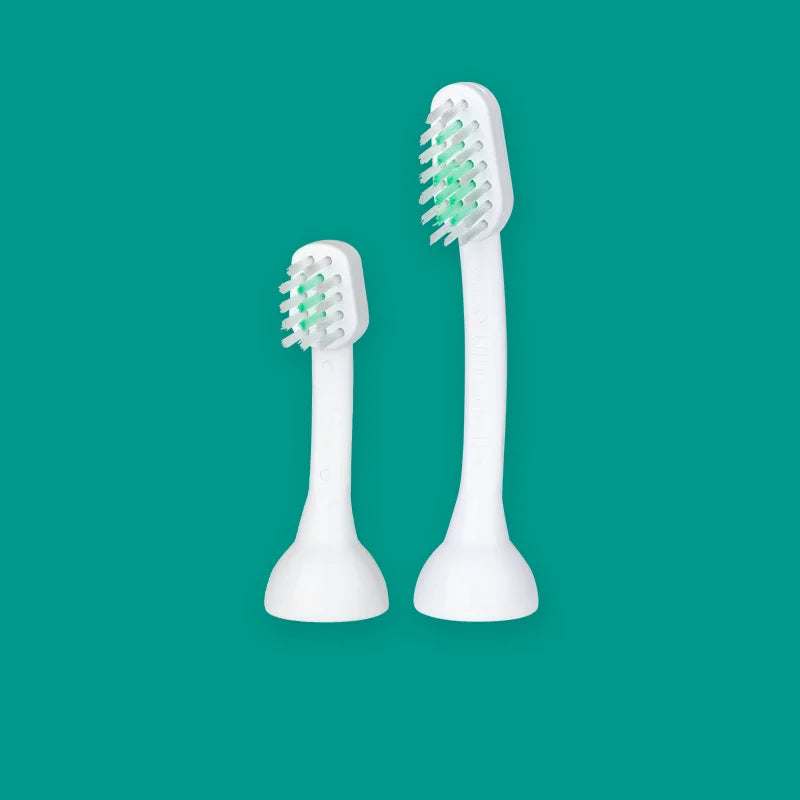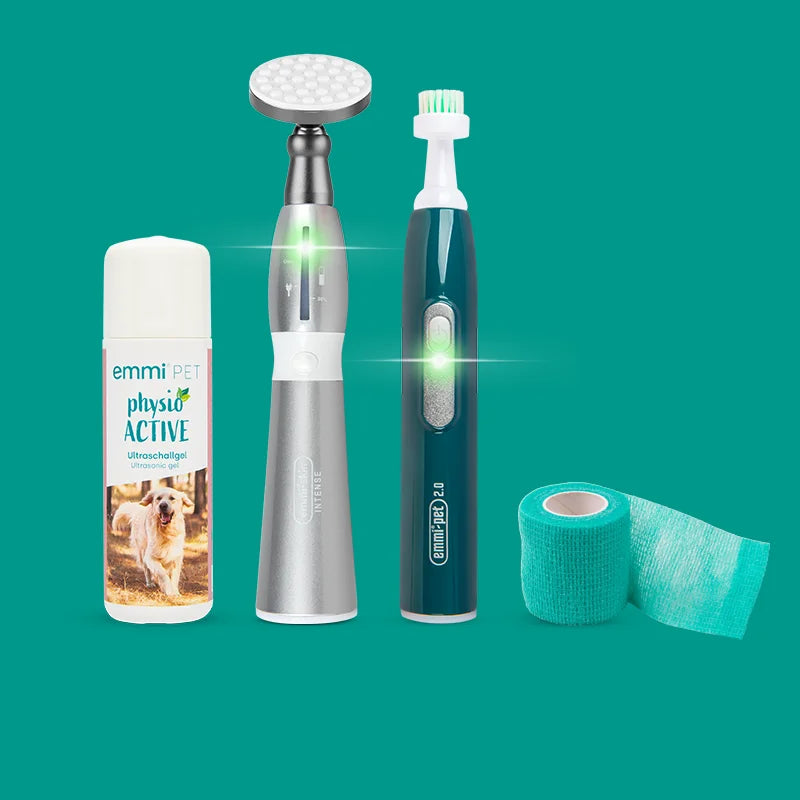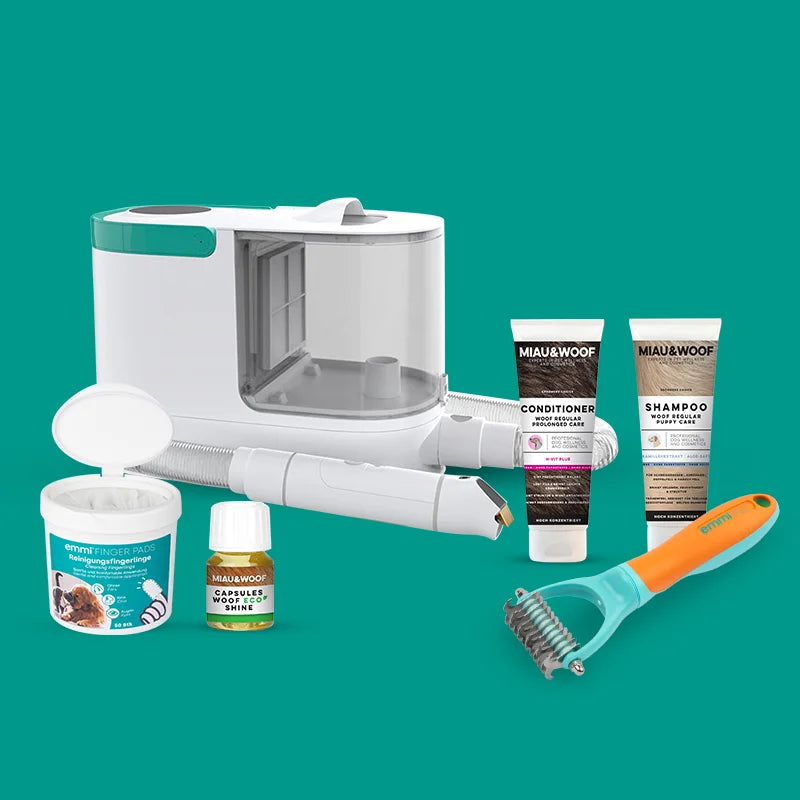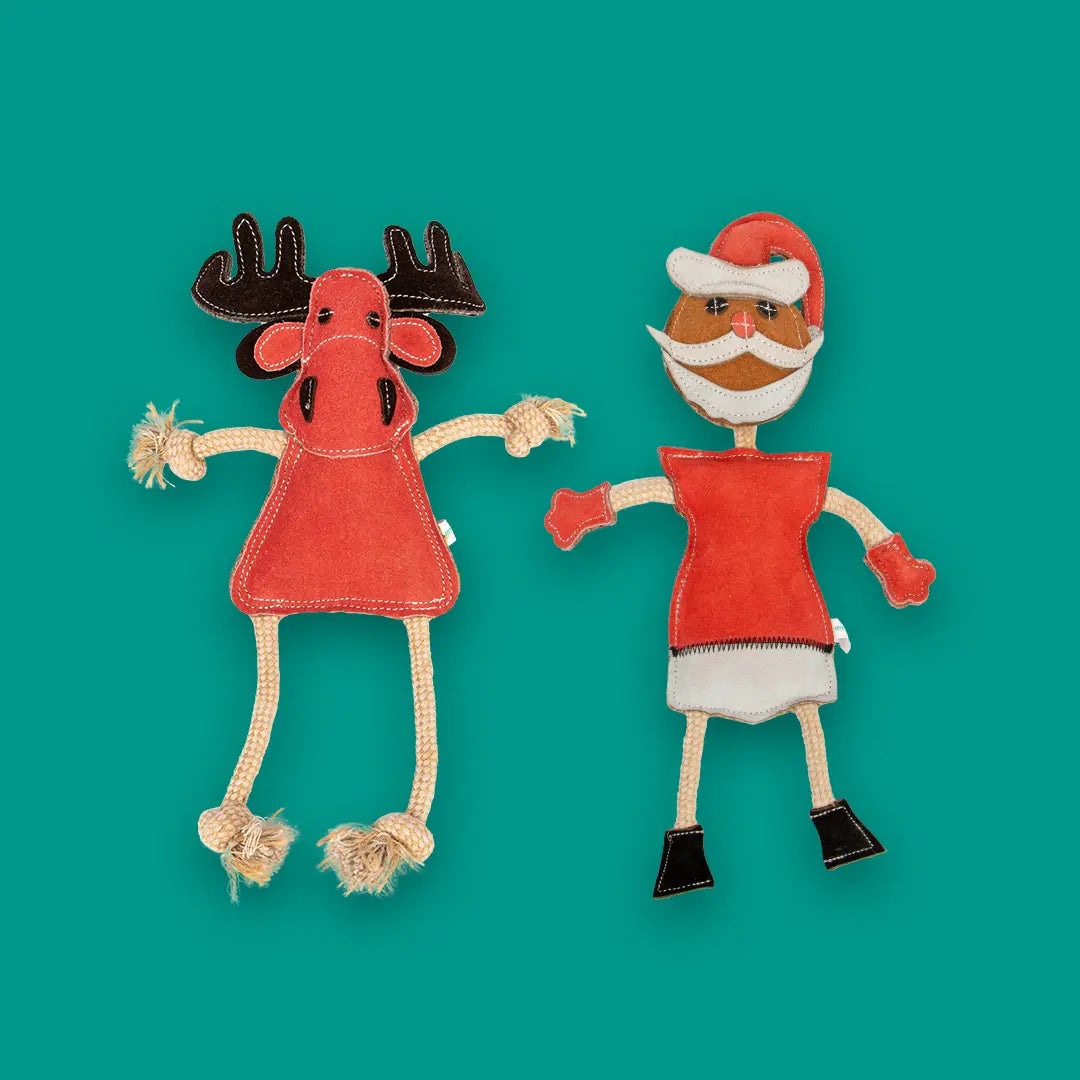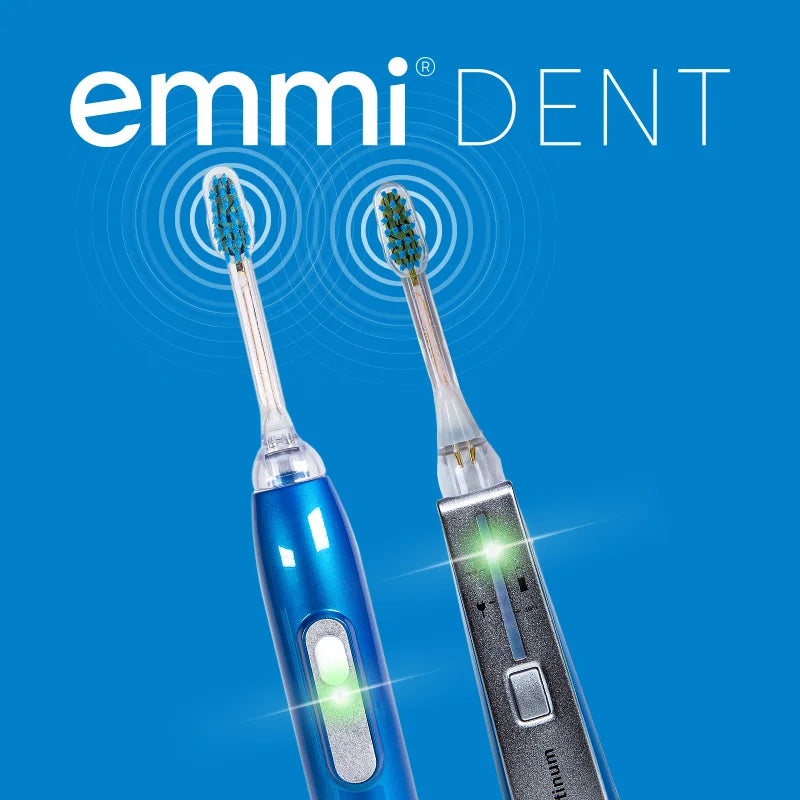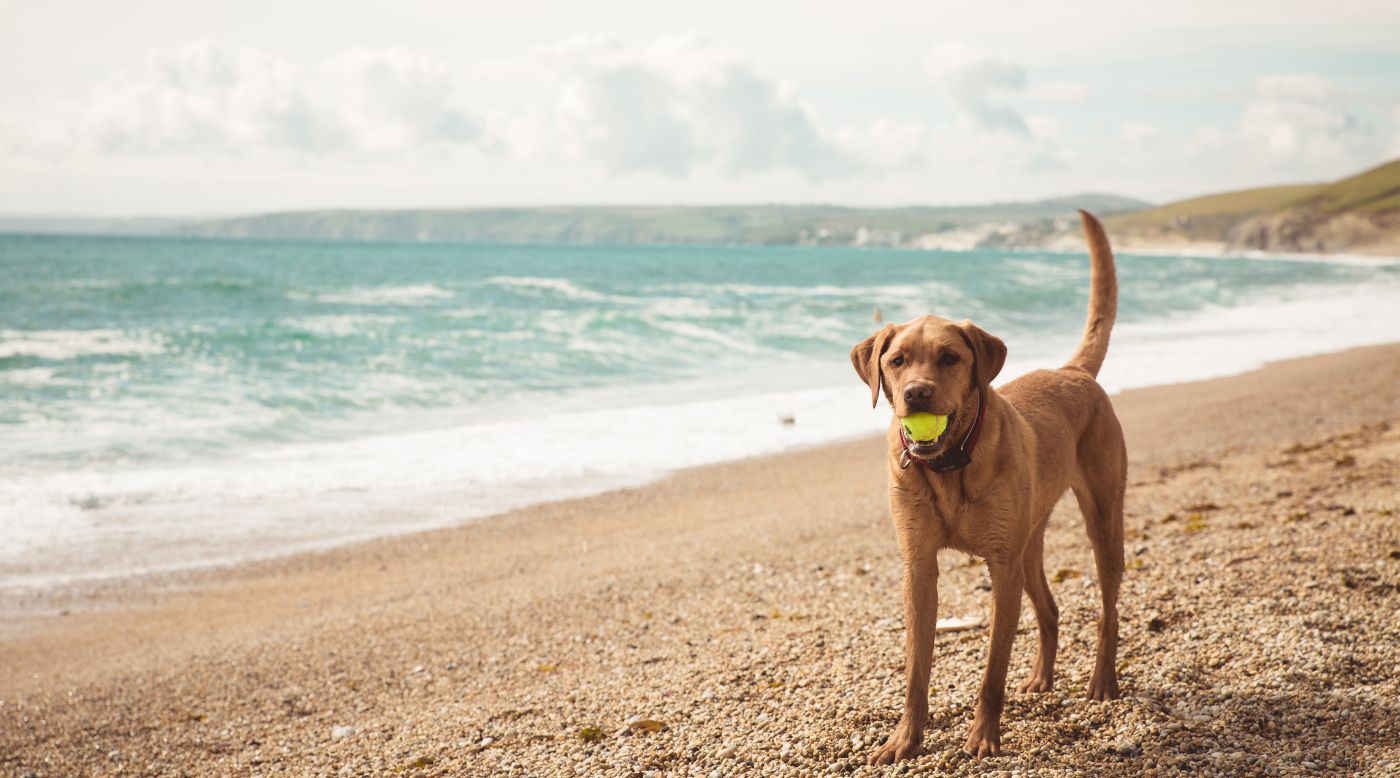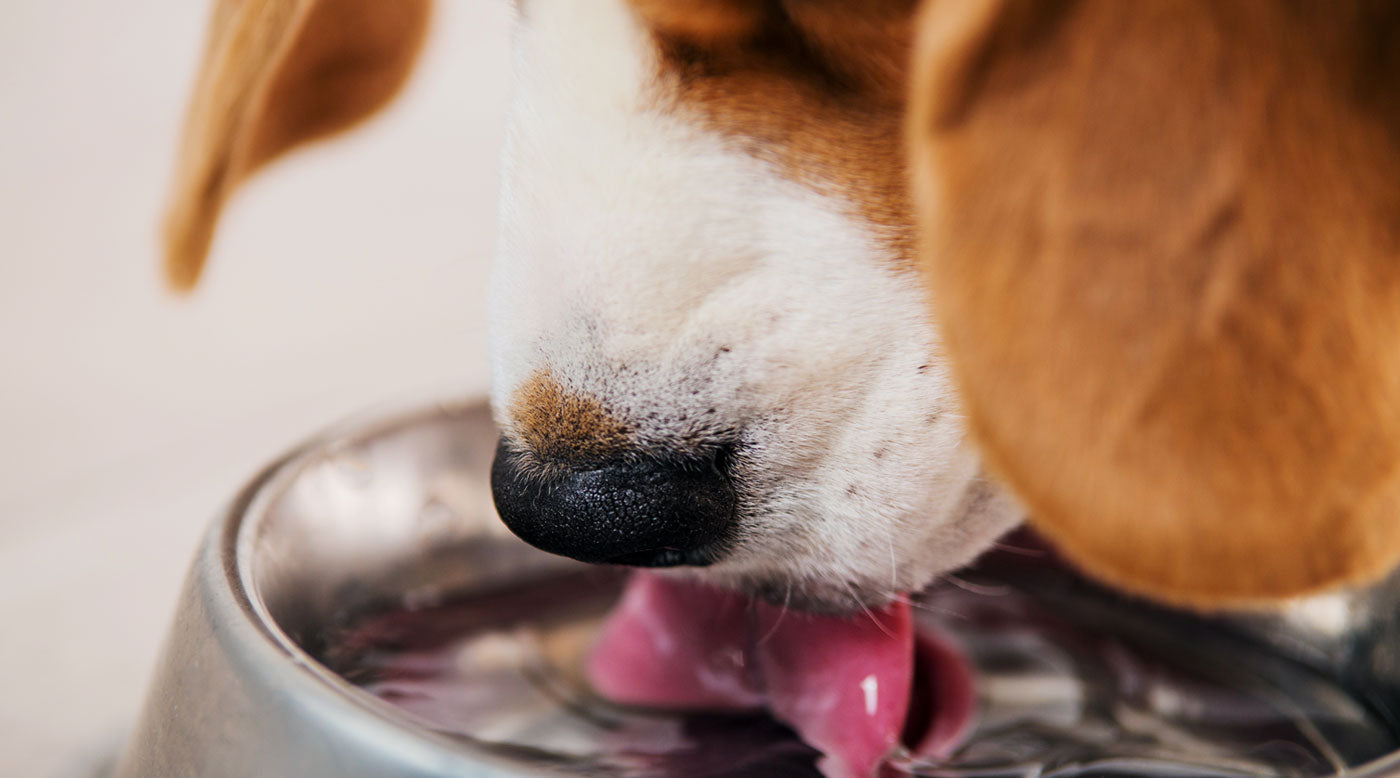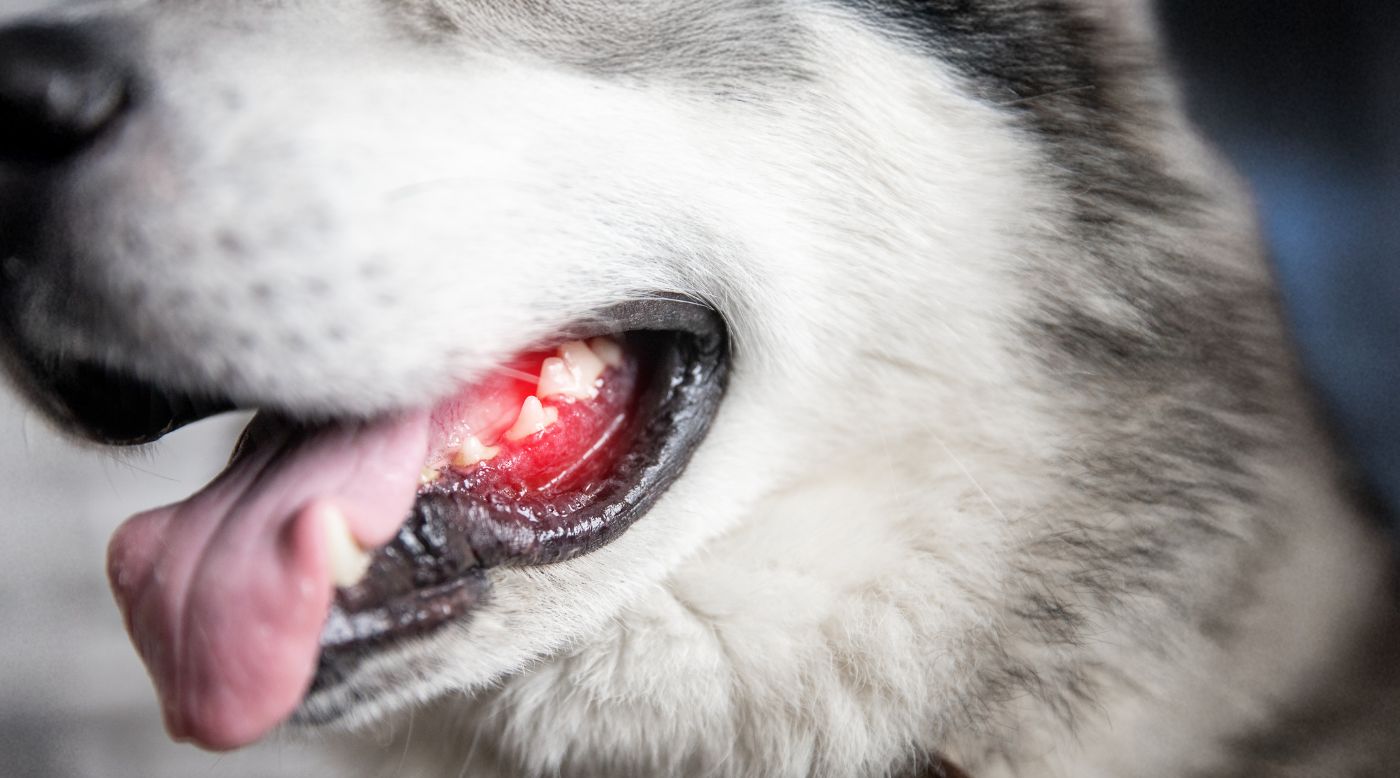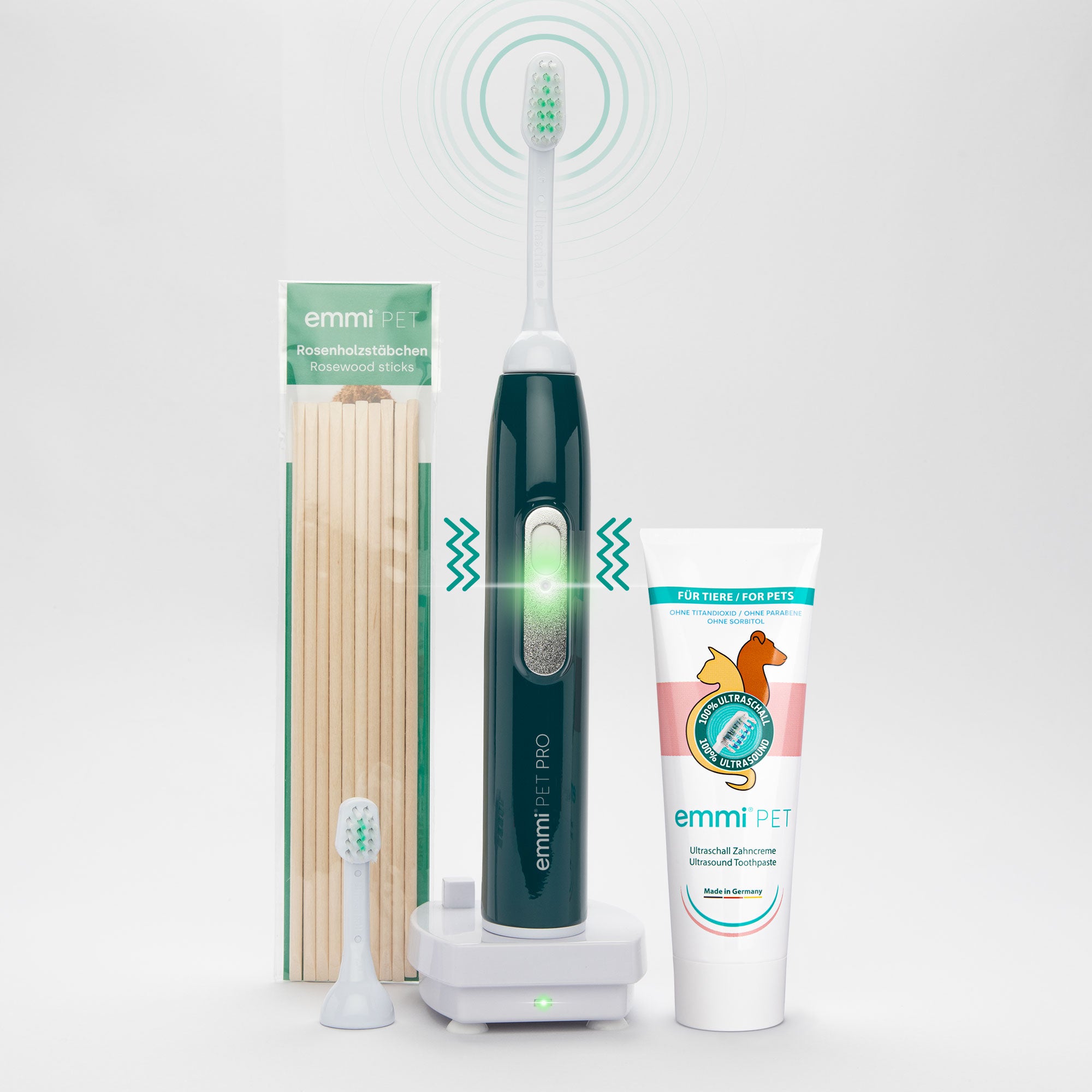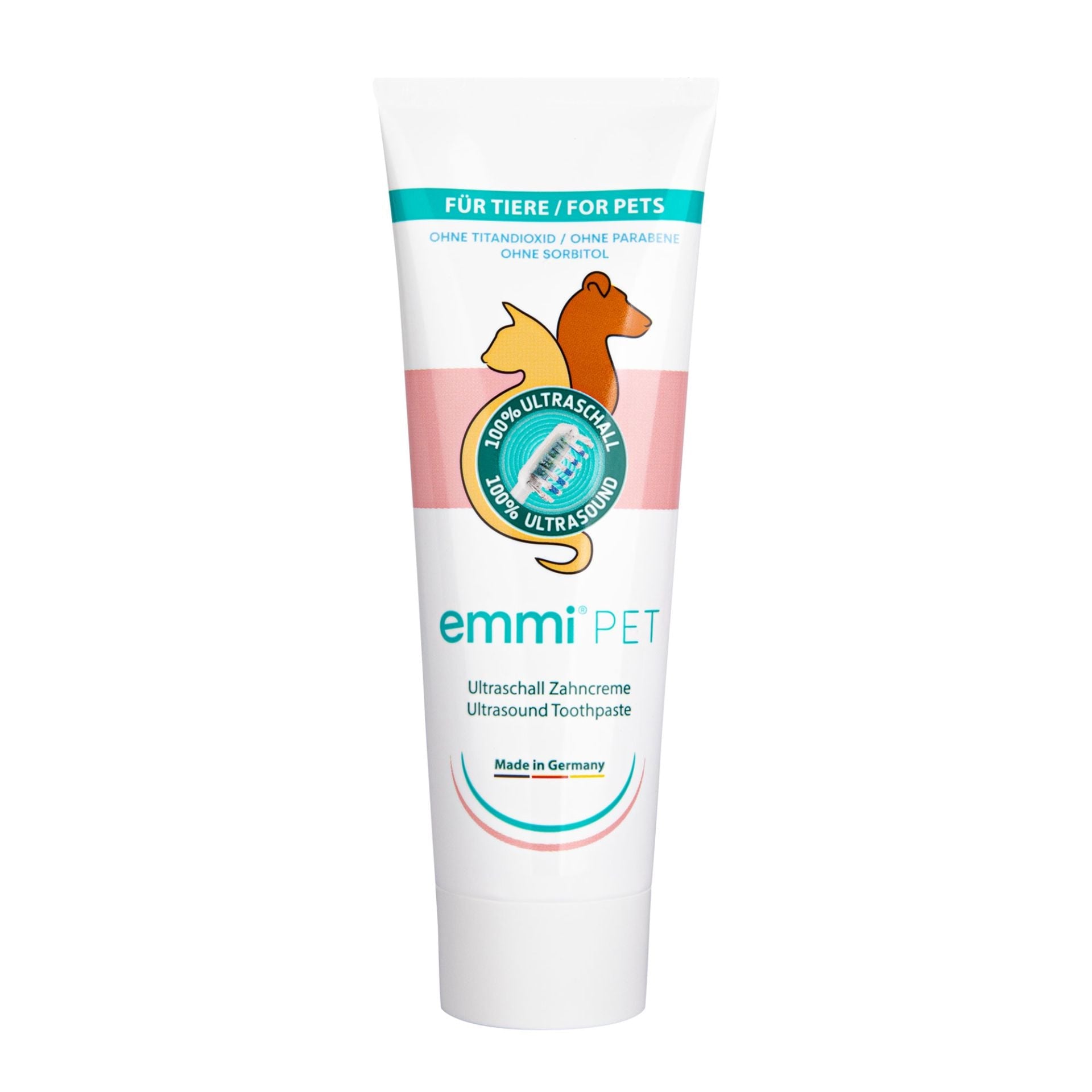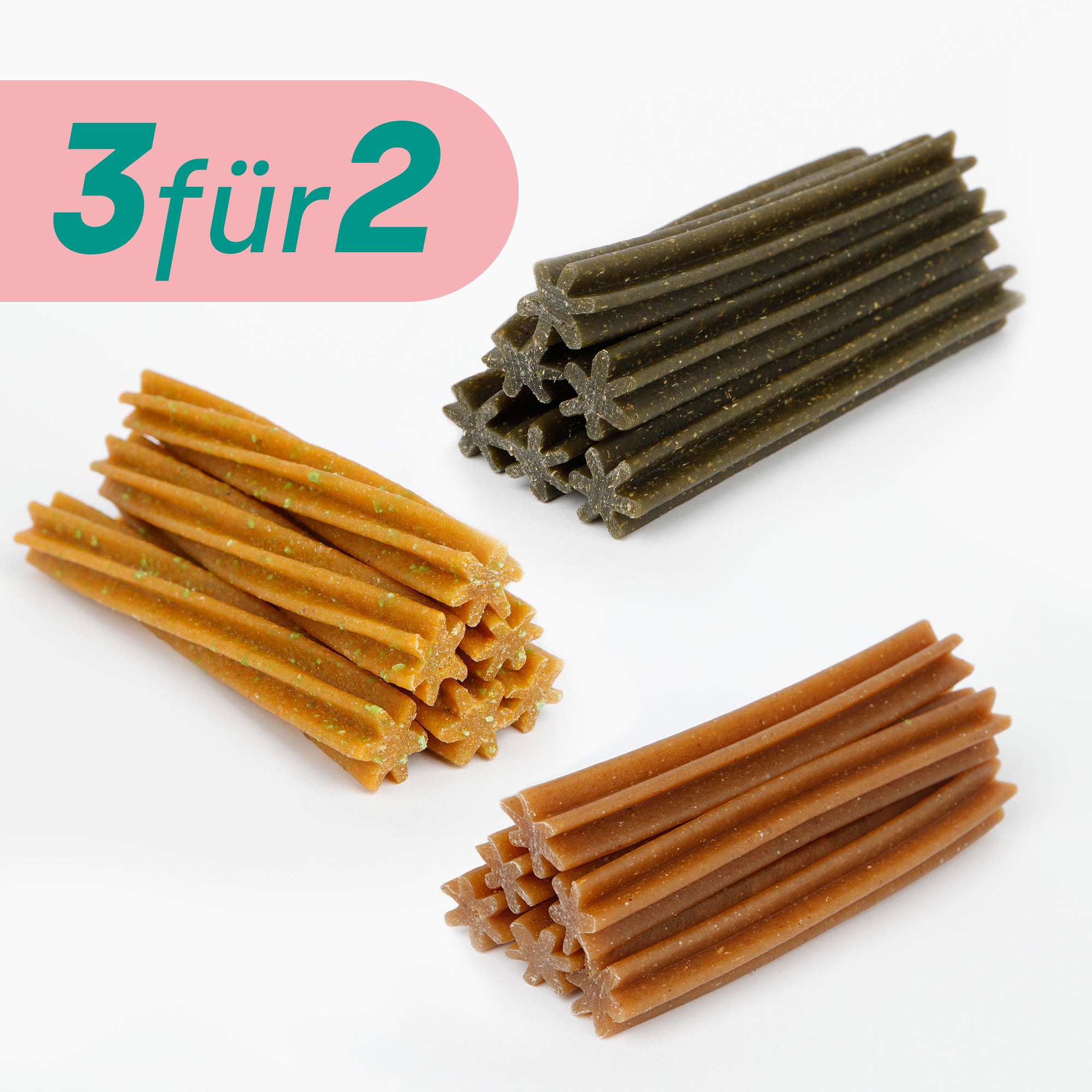You imagine the perfect summer day: Warm sand beneath your feet, salty air, your dog leaping through the waves full of joy. Everything feels easy. Until suddenly, a howl breaks the idyll. Your dog withdraws, seems tense, or nervously licks its mouth. Just a brief moment, and unfortunately, there's often more to it:
Mouth injuries in dogs at the beach or at a swimming lake are not uncommon, but they often come as a surprise. What appears to be harmless holiday props can quickly become a real danger for your four-legged friend. Especially shells, sand toys, sticks, or even the salt water itself can have serious consequences for your four-legged friend's sensitive mouth area. In this article, we'll explain how to recognize typical risks, take the right action, and give your dog a safe break by the sea. Because toothache definitely doesn't belong in your holiday luggage.
Typical hazards on the beach
For many dogs, the beach is a paradise: They dig devotedly in the sand, enthusiastically chase sticks, or curiously sniff everything the sea has to offer. But as free and playful as these moments may seem, the dangers to a dog's sensitive mouth often lurk hidden beneath the surface.
Shell fragments are among the most common culprits. They are often sharp-edged, barely visible in the sand , and can cause painful injuries to the gums when chewed or stepped on. In the worst case, they can even cause small tooth fractures. Hard plastic toys that are accidentally bitten into are also problematic. Splinters can burrow into the gums and cause irritation or inflammation.
Driftwood or dried seaweed may seem harmless, but the salt water often makes them brittle. They break easily when chewed, and sharp pieces can pierce gums or the roof of the mouth . Crustaceans like crabs are more than just exciting beach finds. Their hard shells or claws can leave small but very painful wounds in the mouths of overly curious dogs.
What begins as a fun game can quickly become unpleasant and stressful for your dog. Anything from minor mucous membrane injuries to inflammatory reactions caused by introduced germs to broken teeth is possible. Especially on vacation, it's important to stay alert and recognize unusual behavior early on.
Risks and symptoms of a mouth injury
Not every injury is immediately obvious. Especially in dogs who often bravely ignore pain during play, a problem usually only becomes apparent through subtle changes in behavior. Therefore, your observation is especially valuable. Look out for these typical warning signs when you're out at the beach with your dog:
-
Sudden withdrawal during the game
If your dog suddenly withdraws or refuses the ball, there is often more to it than just tiredness. -
Frequent mouth licking or noticeable teeth chattering
These movements often indicate an unpleasant feeling or pain in the mouth. -
Refusal to eat despite obvious hunger
A dog that appears hungry but avoids eating may be suffering from tooth or mouth pain . -
Traces of blood on a ball, stick or toy
If you discover fresh blood while playing, you should definitely check – small injuries are often easily hidden in the mouth. -
Swelling or purulent areas around the mouth
Such changes are indications of existing inflammation that should be treated quickly. -
A sudden crooked bite or visible tooth loss
This could indicate a broken tooth that is causing your dog severe discomfort.
A mouth injury on the beach should never be underestimated . The salty seawater, in particular, can further irritate open wounds and carry germs deep into the mucous membranes. Even seemingly minor injuries can become infected within a few hours. Therefore, safety is paramount!
First aid for mouth injuries – step by step
If you suspect your dog has injured its mouth, the first thing you should do is stay calm. A quick look inside the mouth can reveal a lot. Look for redness, small cuts, or unusual swelling. Even if not everything is immediately visible, your gut feeling counts. The faster you react, the better you can prevent further damage.
After a visit to the beach, it's worth gently cleaning your dog's nose and lips. This removes sand, salt, and any remaining bacteria before they can penetrate small wounds. Use lukewarm, clean water or a particularly skin-friendly dog shampoo. We recommend our emmi-pet Natural Moisturizing Shampoo or emmi-pet Natural Repair Shampoo for irritated skin, or our emmi-pet Moisturizing Shampoo with Coconut, with a soothing scent and extra conditioning effect.
If you suspect a tooth injury, you can also opt for gentle ultrasonic dental care. The emmi-pet ultrasonic toothbrushes clean completely without mechanical pressure. They're ideal for sensitive gums or irritated areas in the mouth. This not only protects your dog from further discomfort but also actively supports healing.
Tip: Observe your dog closely over the next 24 to 48 hours. Even small changes in behavior or eating habits can be an important sign.
Short checklist:
-
Keep calm and secure your dog
Injuries in the mouth are painful. Gentle restraint or soothing words help prevent panic. -
Carefully inspect the mouth
Only use on calm dogs! Check for foreign bodies, blood, or broken bones. -
Rinse with clean water
No salt water! Use still water or sterile rinse water to remove sand residue. -
Gently stop bleeding
Gently apply pressure with gauze or cloth. Do not rub! -
Contact veterinarian
In case of severe bleeding, broken teeth, or deep cracks, it's essential to see a professional within the next few hours. This is especially true for mouth injuries typical of summertime mouth injuries involving sand or wood.
How to prevent tooth injuries on the beach or lake
A relaxing time at the beach starts with good preparation. If you know what's important, you can enjoy the days with your dog without constant worry . Here are simple yet effective tips to make your beach adventure safer.
-
Focus on targeted retrieving training
Use soft, beach-friendly toys that are easy to grasp and don't pose a risk of injury to teeth or gums. This keeps play lighthearted and helps your dog learn what's safe for him. -
Get into the habit of checking your dog’s mouth regularly
A quick look into the mouth after play is often enough to spot minor injuries early on. The sooner you notice something, the better you can react. -
Consciously avoid collecting sticks or shells
Even though it looks cute when your dog presents a find, natural materials like wood or shells splinter easily and can cause serious damage. -
Always provide fresh drinking water
Especially after swimming in the sea, it's important that your dog rinses his mouth. This helps remove salt and sand and protects the mucous membranes from drying out. -
Pack a small emergency kit
A few gauze bandages, a sterile rinse solution, and a muzzle for emergencies can go a long way in case of emergency. It's better to be prepared than helpless—especially away from the vet. - With a little planning, your beach day will be not only enjoyable but also safe. And that's exactly what's most important for unforgettable vacation moments.
FAQ – Mouth injuries in summer
When something happens, you understandably want to get clarity quickly. That's why we've compiled the most frequently asked questions about mouth injuries in the summer. Briefly answered, along with valuable tips for your next beach visit.
Can sand really cause my dog to lose teeth?
Yes. If your dog bites on hard objects like small stones, shells, or plastic while playing, a tooth can break. This happens faster than many people think—especially when playing with great enthusiasm.
How dangerous is seawater in the mouth?
Seawater can irritate open sores in the mouth and often contains bacteria. This makes it particularly problematic for existing injuries. Even if your dog is used to it, open mucous membranes are vulnerable .
When should I take my dog to the vet if he has a mouth injury?
As soon as your dog becomes noticeably quiet, shows signs of pain, refuses food, or develops swelling , you should have a doctor determine what's wrong. Don't wait too long—early intervention often avoids longer treatments.
What should be included in a well-stocked first aid kit for the beach?
A few things are completely sufficient: clean water for rinsing, sterile gauze wipes, a mild disinfectant solution, a soft toy as an alternative to natural materials and – if necessary – a muzzle for emergencies.
Does brushing your teeth after the beach help?
Yes, absolutely. Gentle ultrasonic tooth cleaning removes sand, salt, and bacteria residue, soothes irritated gums, and supports the natural regeneration of the oral mucosa.
In short: Good preparation, careful observation and proper care will make your beach vacation not only enjoyable but also safe.

